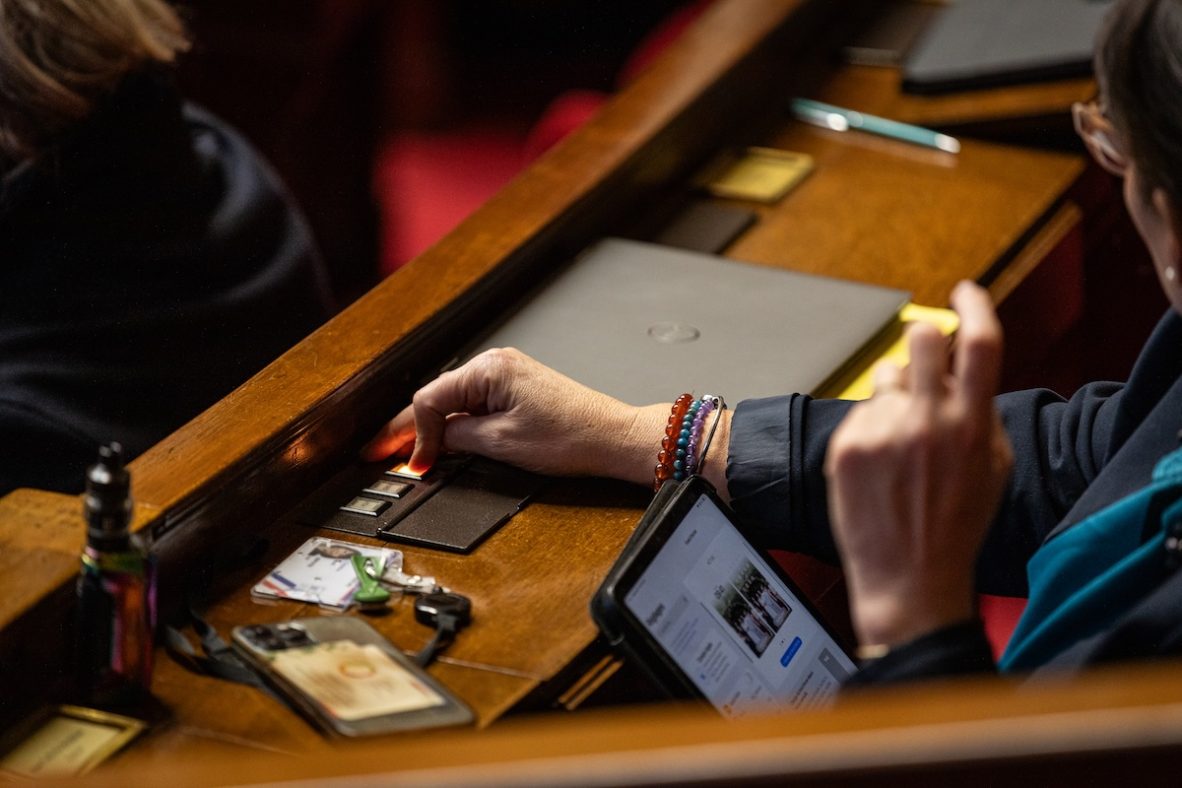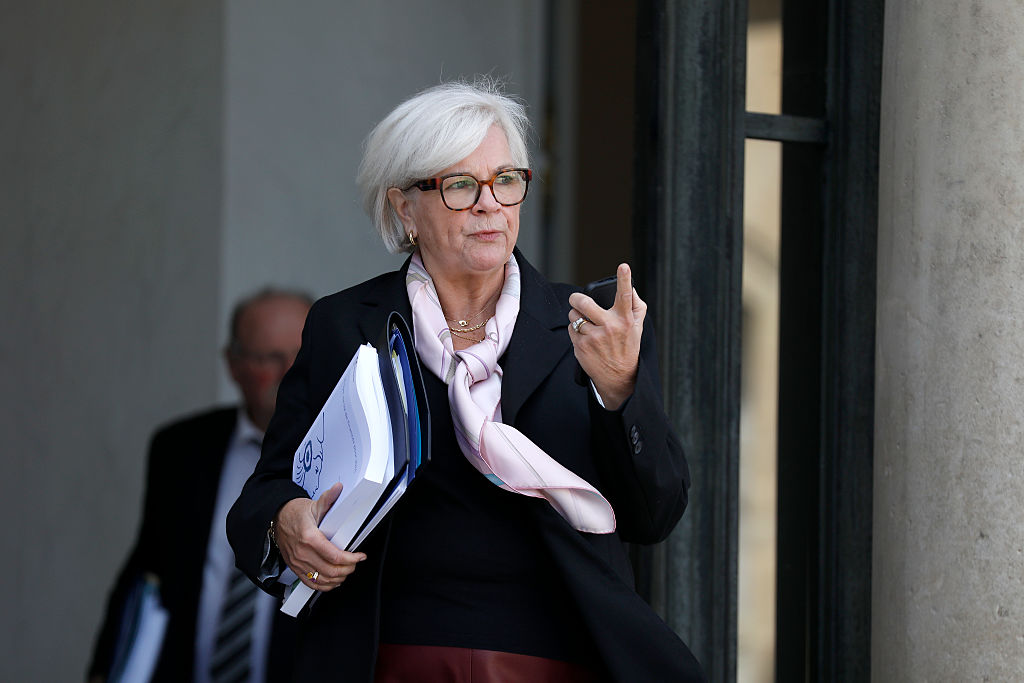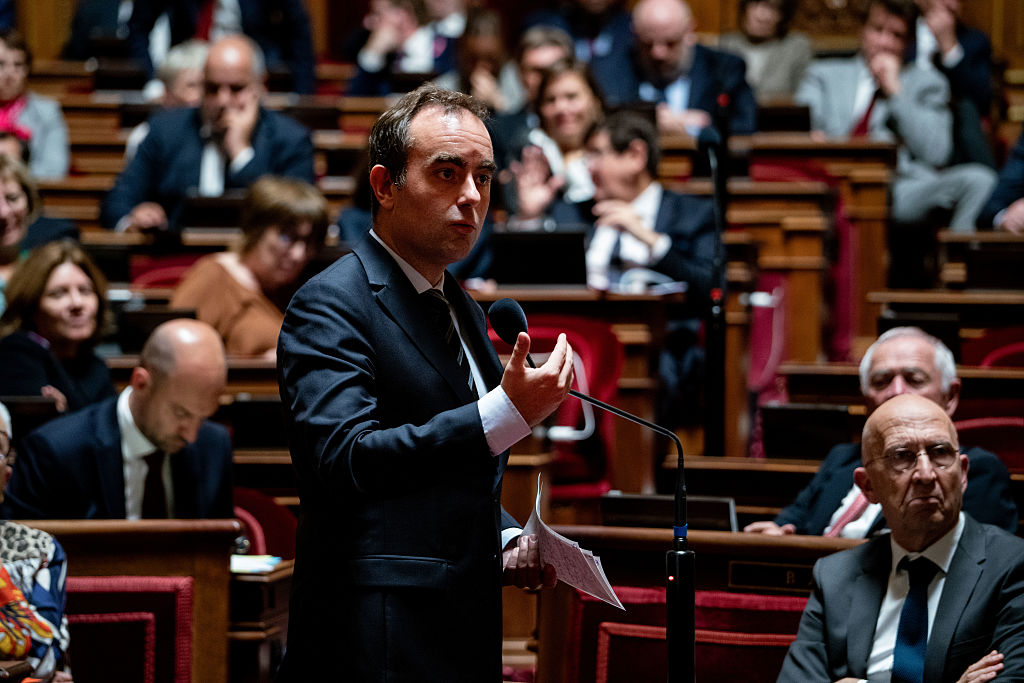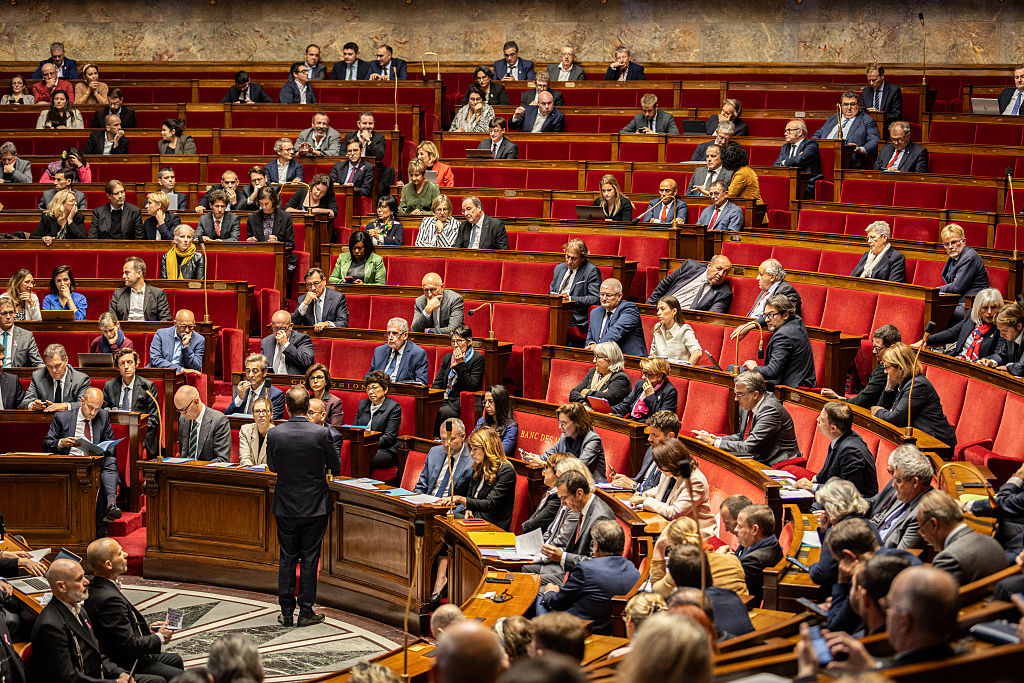France’s 2026 budget talks stall amid fears of government bypass
If the deadlock continues, the government could approve the budget by executive order
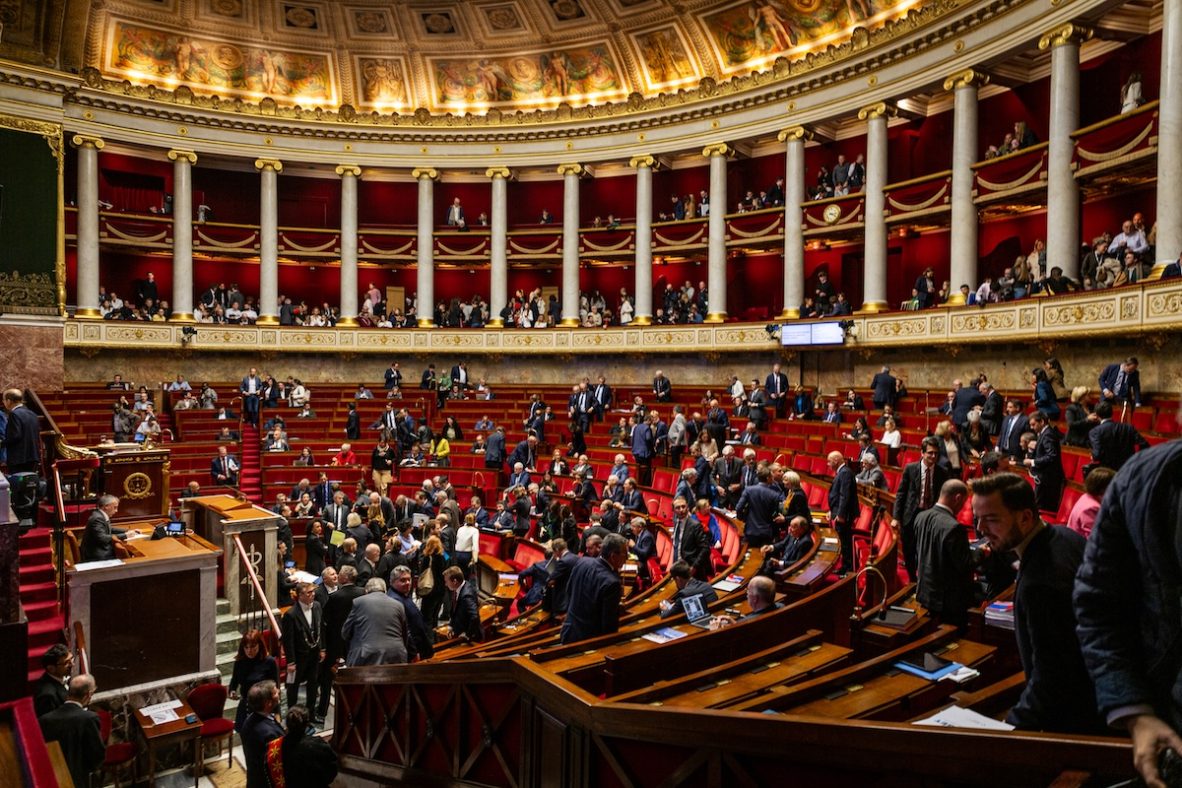
PARIS – Debates over France’s 2026 budget are dragging on in parliament, raising fears that MPs could miss the legal deadline for adoption, and potentially enabling the government to enact the bill by executive order.
After eight days of heated debate, lawmakers on Monday failed to finish examining part of the Finance Bill, known as the PLF, which had been scheduled for a vote on Tuesday.
The delay matters because MPs have now paused work on the PLF to start reviewing another major text on Tuesday – the Social Security Financing Bill. This bill sets funding for pensions, healthcare, and other welfare programmes and must, under the Constitution, be passed by 12 November.
Among the most contentious measures in the PLFSS are plans to suspend the 2023 pension reform – a demand from the Socialist Party to avoid a no-confidence vote – and to freeze pension and minimum social benefit levels in 2026.
The government aims to cut the Social Security deficit to €17.5 billion next year, down from €23 billion in 2025, though about 2,5000 amendments await discussion.
Once that debate concludes, MPs will have to resume work on the Finance Bill before transmitting the text to the Senate by midnight on 23 November, as required by the Constitution. The final version must then be adopted by Parliament by 23 December.
According to Éric Coquerel, the chair of the far-left France Unbowed (LFI) on the finance committee, the “main problem” lies in the two-week delay that followed the collapse of Prime Minister Sébastien Lecornu’s first government.
“We’re currently examining 11.79 amendments per hour,” Coquerel said on Monday, noting that around 20 per hour would be needed to meet the deadline.
Philippe Juvin, centre-right general rapporteur of the same committee, warned it is now “highly probable” that the parliament will fail to complete the budget review within the legal timeframe.
A budget without a vote?
If the deadlock continues, the government could approve the budget by executive order – a constitutional option that has never been used before, said constitutional expert Benjamin Morel. This procedure applies when Parliament fails to vote on the Finance Bill in time.
If used, the government’s original version of the budget – without any of the changes made by MPs or senators – would automatically take effect.
This would eliminate opposition-backed provisions such as new taxes on multinational profits and digital giants, while maintaining the suspension of the pension reform added to the PLFSS through a rectifying letter.
For Morel, passing the budget by ordinance would nevertheless be “highly drastic from a political standpoint”. “Allowing the executive to handle the budget would amount to abandoning the parliamentary system,” he said.
Alternatively, the government could submit a “special law” in December authorising the State to collect taxes while freezing expenditure until a full budget is adopted in early 2026 – the same route taken in December 2024 after the fall of Michel Barnier’s government.
According to the Finance Ministry, such a temporary measure could cost the State up to €11 billion, due to the absence of new savings measures and the economic drag of prolonged political uncertainty.
Public Accounts Minister Amélie de Montchalin, however, insisted the government remains confident, convinced that a budget can still be adopted “before the end of the year”.
According to the economy ministry, amendments passed so far have not significantly altered the objective of cutting the public deficit to 4.7% of GDP in 2026 – down from 5.4% in 2025.
In total, around €6 billion in tax cuts have been approved for households and small businesses, offset by €8.5 billion in new levies on the wealthiest individuals and large corporations.
(cs, mm)




